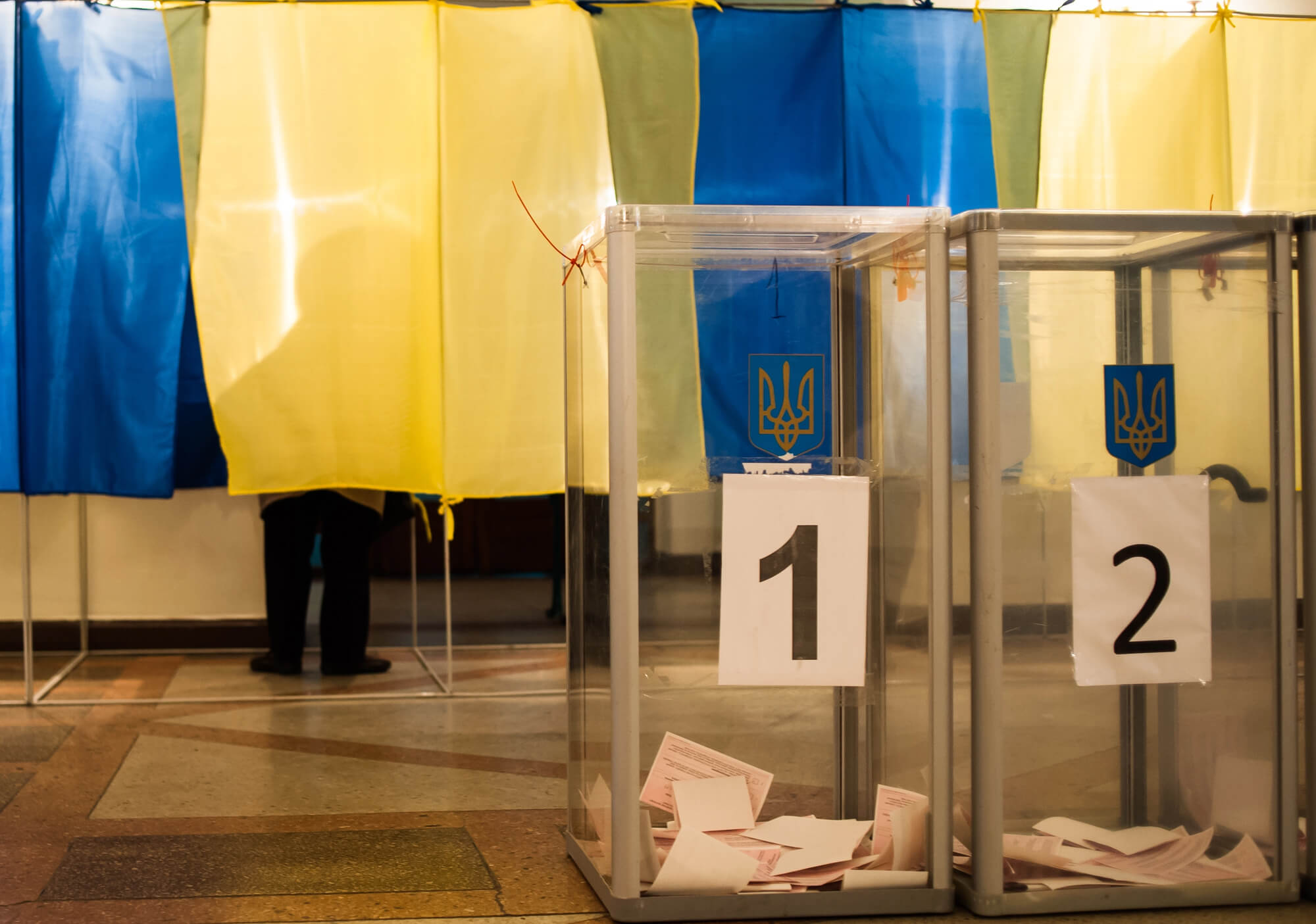The decentralization reforms that have been imposed upon Ukraine are incomplete, since they do not provide for any major changes that would vest local governments with real power. Today, all central authorities – the President, the Parliament, and the Cabinet – should understand that the time has come to transfer real authority and initiative to the local level.
In Ukraine, the same deck of politicians is endlessly shuffled, migrating from one party to another, from one era to the next. Why are elites not changing, and how can young leaders be brought in? The theme of decentralization has already bored everyone to death, but I believe that this is happening in the first place because we discuss it without fully understanding the concept. Reflecting on the quality and quantity of the Ukrainian political elite prompted me to raise this issue.
I often ask myself why, over the last 25 years, we have formed such a small governing elite? Why are there so few candidates for senior management and associated teams? Why, over and over again, the same people appear on TV, just wandering from party to party, from era to era? Why is active change of elites not happening?
One of the reasons for such stagnation is the lack of social mobility for young politicians. This, in its turn, is a consequence of the fact that the only place in Ukraine where you can show your worth is Kyiv and the central government.
In most civilized countries and developed democracies, the situation is the opposite. First, you prove yourself as a young activist locally, and then you become a deputy or a representative of your constituency in your town, city, or region. Then you can become a mayor or a leader of a party branch, and only then you go to the capital. Why is this not happening here? One of the reasons is the fact that the local authorities in Ukraine, by and large, have no impact on anything. They are entirely dependent on Kyiv.
Independent and proactive local governments are part of the European system. If you can’t make a good showing of yourself at the local level, you cannot claim to be able to run the country. In the case of Ukraine, if local governments are capable of doing something positive for their region, they can only do so by using their ability to negotiate with the capital.
The problem is not that politicians in Ukraine cannot rise from the local to the central level. They can. Only that in the UK or in France, to do so, an official has to show effective management and good leadership skills, whereas in Ukraine he needs to either have connections or to be able to maintain the right relationships with the central government. It is now time to abandon this practice. Local authorities have to independently solve their own issues: repair the roads that Kyiv will never see to, manage taxes, and set the local budget.
Negotiating and bargaining skills vis-à-vis the capital (which can currently ensure the successful career of a local official) are not what really makes young leaders. Therefore, to make sure that new leaders emerge, it is necessary to give local authorities a chance to make decisions independently. Towns and villages should have the right to decide how and where to build roads, and, whether to build them at all. Otherwise, a situation arises when political winds may change, but both the authorities and the elites remain the same.
The central leadership is afraid of transferring its authority to local governments. Often, this fear is disguised as the concerns about preserving the integrity of the state. I wouldn’t like us to recourse to doublespeak instead of clearly defining what decentralization stands for. Of course, the state should not transfer to the local level the issues not falling within the competence of the local councils, such as the country’s monetary and foreign policies. These are the competence of the central government, since the delegation of power to local authorities in this case would really pose a threat of separatism, especially in the current situation.
However, local issues, such as local budgets, can and should be resolved locally, giving young leaders the opportunity to prove themselves. In the future, many local activists and officials could become politicians, forming that new, deep cadre of professional politicians that Ukraine needs so badly. As a result, we would finally have competition between political leaders. There will be a wider choice of people trying to get into the central government.
The decentralization reforms that have been imposed upon Ukraine are incomplete, since they do not provide for any major changes that would vest local governments with real power. Today, all central authorities – the President, the Parliament, and the Cabinet – should understand that the time has come to transfer real authority and initiative to the local level. Otherwise, the more decisions are centered on Kyiv, the higher is the risk of making serious mistakes that could be disastrous for the country.
To achieve real change for the better, the country’s leadership needs to be able to sacrifice. To sacrifice careers and wealth, power and authority. What for? For the sake of the people. And for our shared future.
The article initially was published at “Novoye Vremya”
Застереження
The author doesn`t work for, consult to, own shares in or receive funding from any company or organization that would benefit from this article, and have no relevant affiliations



